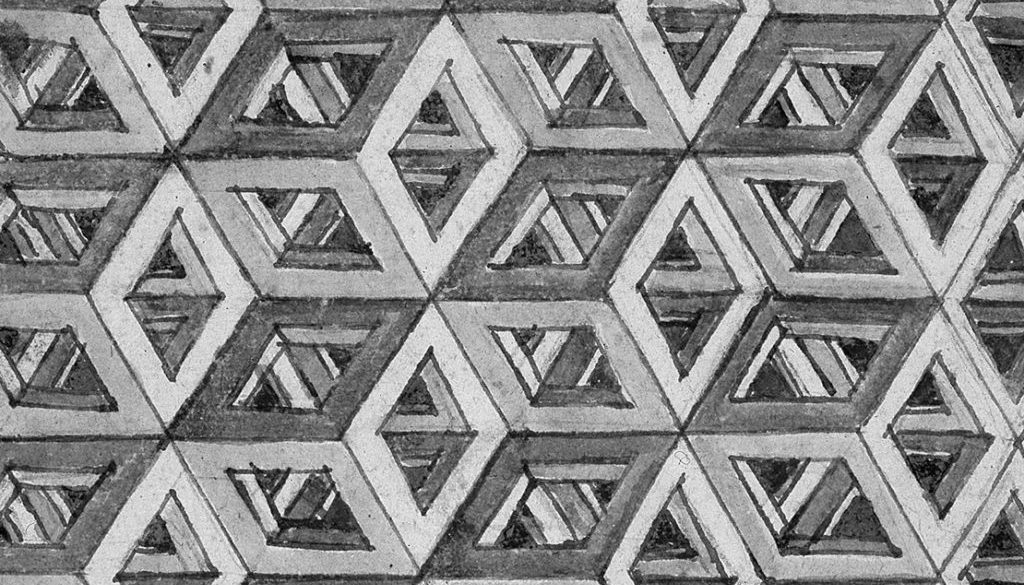Letter from America 2:
Democracy?

There is a serious question to be asked about every self-proclaimed democracy throughout the world. Nowhere is that question etched more sharply than in America. To be sure there are elections, but they essentially provide a thin gloss of democracy on a sea of vested interests, self-interest, prejudice and what can only be described as corruption. Every candidate, successful and unsuccessful, has effectively been “bought”. So many many millions of dollars are needed to run viciously negative attack campaigns that large sums of money must be taken from huge entities of varied kinds. They are not bankrolling candidates (often opposed candidates) for no reason. The massive lobby groups bully politicians and promulgate skewed information on a massive scale. For every dollar that huge entities pour into lobbying, they should give two dollars to charity.
It would be conventional wisdom to identify this corruption with the right, especially the far right. But no faction is isolated from it. There is no “left” in the USA in this respect. Obama has decent instincts, but he a is at root a conservative Harvard lawyer not an out-and-out reformer. He rode on to office on a raft of other people’s money and an enthusiasm for a level of change that was never his reality.
Only through the operation of severe caps on election expenditure can politicians and the media surface from the inundations of vested slogan-speak to highlight the actual issues.
Even considered as a political process the American system no longer works. It should be the right a party elected with a manifesto and a mandate to implement their policies. I do not support the Conservative/Liberal coalition in Britain, but I defend their right to govern and implement their policies during their term of office. Instead, here we witness endless exercises in political obstruction in which politics is the name of the game not policy. The so-called sequester – the general slashing of budgets across the board that was introduced as a political device and that was not expected to be realised – is a vivid illustration of the breakdown of sane governance. It seems that most significant measures are subject to so much politically driven compromise that it limps into being as an ineffectual runt of the original idea.
Again the constitution is in difficulty. It sates that “The executive Power shall be vested in a President of the United States of America. He shall hold his Office during the Term of four Years”.
The internal dynamics and chronological disjunctions in elections to Senate and Congress, given two closely dominant parties, all too readily results in the kind of ponderous paralysis that we now witness in tackling the challenge of creating a fair society. The party with a majority should be able elect the chief executive and their policies should be operative for their due term. To have a president and two houses of varied political complexions may look as if it creates balance and safeguards. In reality it now allows a vacuum of incoherence into which vested interests rush.